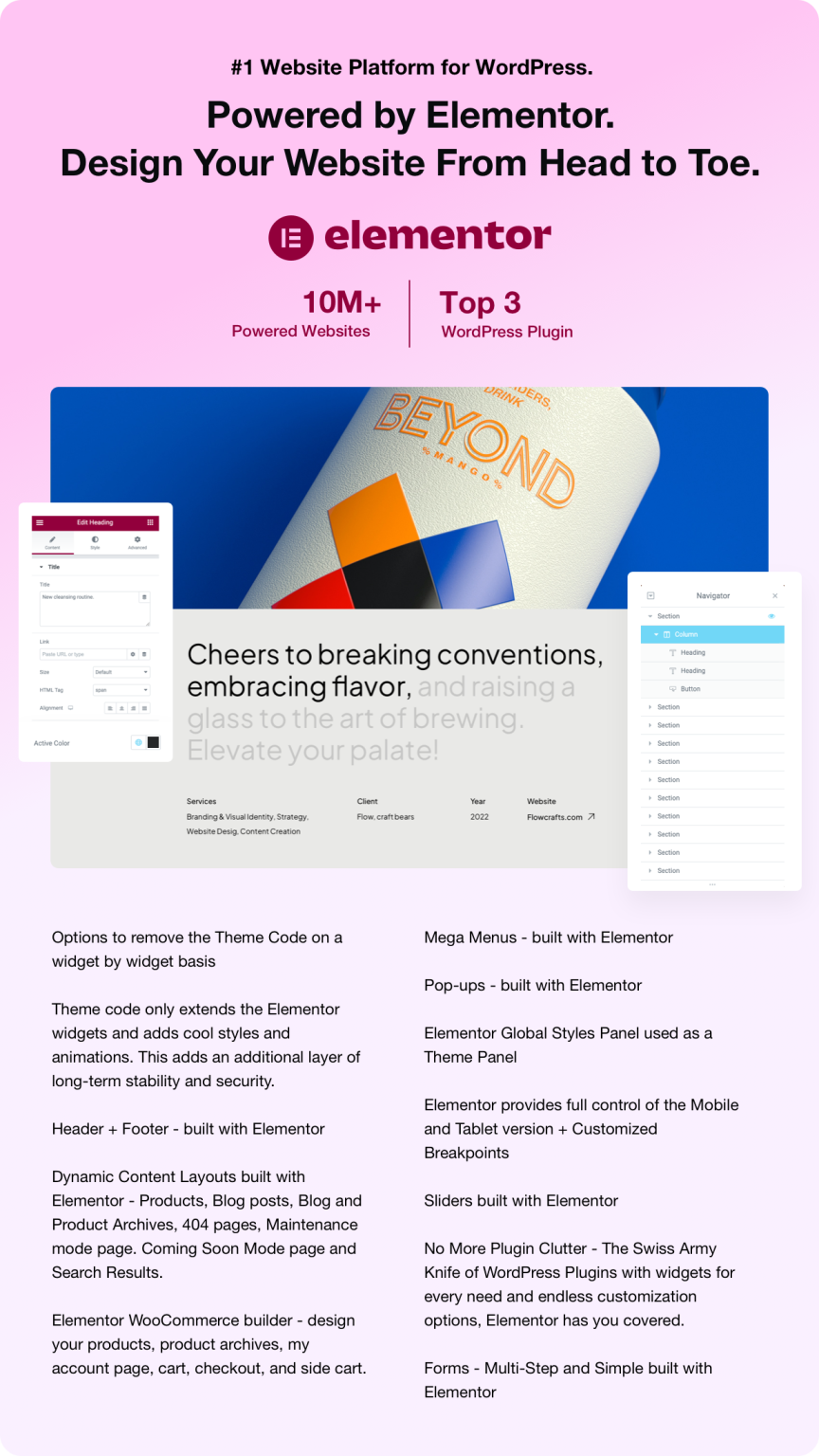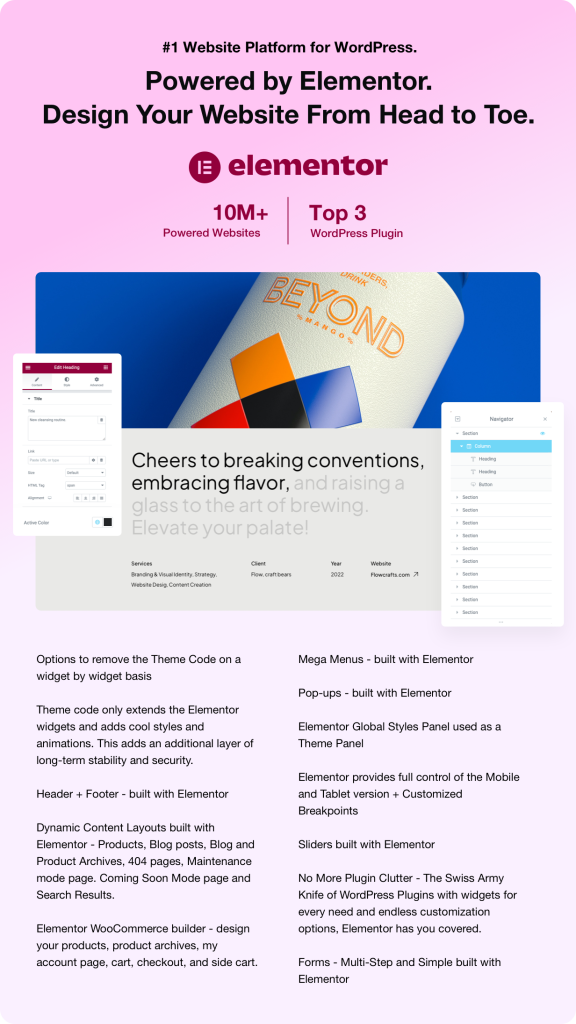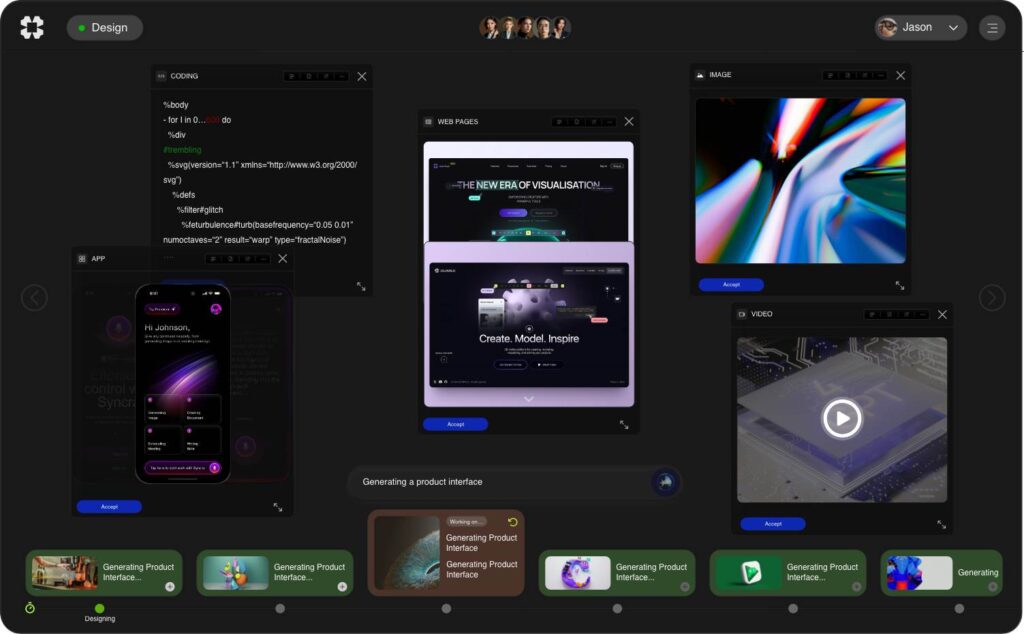Artificial Intelligence (AI) has emerged as a transformative force across various industries, and healthcare is no exception. The automation of healthcare processes through AI is reshaping patient care, streamlining administrative tasks, and enhancing the overall efficiency of healthcare systems. With the growing demand for improved patient outcomes and operational efficiency, the integration of AI in healthcare automation is proving to be a game-changer.
.
**The Evolution of AI Workflow Automation Software in Healthcare**
AI workflow automation software is at the forefront of this revolution. These sophisticated tools use machine learning algorithms and data analytics to automate routine tasks that were once manual and time-consuming. From scheduling appointments to managing patient records, AI software helps healthcare providers focus more on patient care rather than administrative burdens.
.
The latest trends in AI workflow automation include improved interoperability between systems, making it easier for healthcare providers to share data across platforms. Integration with Electronic Health Records (EHR) systems is becoming increasingly seamless, allowing for real-time updates and better communication among healthcare teams. Moreover, advancements in natural language processing (NLP) enable these systems to interpret and extract critical information from unstructured data, such as clinical notes, further enhancing the efficiency of workflows.
.
**Trends Influencing AI in Healthcare Automation**
One of the significant trends driving AI in healthcare automation is the emphasis on predictive analytics. By analyzing patient data, AI can identify trends and make predictions about health outcomes, enabling providers to offer personalized care plans. For instance, AI algorithms can analyze historical patient data to predict which patients are at higher risk of developing chronic diseases, allowing preemptive interventions that can significantly reduce healthcare costs.
.
Additionally, AI in telemedicine is rapidly gaining traction, especially in the wake of the COVID-19 pandemic. Telehealth platforms utilize AI-driven chatbots and virtual assistants to triage patient inquiries, schedule appointments, and even provide initial assessments. This not only expedites the patient experience but also ensures that healthcare providers can manage their time more effectively.
.
**Industry Applications of AI in Employee Performance Analytics**
Another promising application of AI is in employee performance analytics within healthcare organizations. By using AI tools to analyze workforce data, healthcare administrators can gain insights into employee productivity and engagement levels. This information is critical in addressing staffing challenges, optimizing schedules, and ultimately improving patient care.
.
AI performance analytics can help identify training needs among staff and provide tailored development plans. For instance, through continuous performance monitoring and data analysis, hospitals can target specific areas for improvement within their teams, ensuring that skill gaps are addressed promptly and efficiently. Moreover, using AI to automate feedback processes allows organizations to gather real-time insights that can lead to proactive management and increased employee satisfaction.
.
**Real-World Use Cases: AI in Healthcare Automation**
Several healthcare organizations have successfully implemented AI in their operational workflows to enhance patient care and increase efficiency. One such example is Mount Sinai Health System, which utilizes an AI-driven predictive analytics platform to help physicians make informed decisions based on real-time data. The platform analyzes thousands of data points, including patient history and social determinants of health, allowing for a more comprehensive view of patient needs and enabling targeted interventions.
.
Another inspiring case is that of the University of California, San Francisco (UCSF), where AI is used to automate administrative workflows, reducing patient wait times and improving overall satisfaction ratings. The implementation of AI-driven chatbots for appointment scheduling and preliminary screening has streamlined processes significantly, allowing staff to focus on more complex tasks and patient care.
.
**Challenges and Considerations in AI Automation**
Despite the transformative potential of AI in healthcare automation, challenges remain. Data privacy and security are paramount concerns. Healthcare providers must ensure that patient data is protected in compliance with regulations such as the Health Insurance Portability and Accountability Act (HIPAA).
.
Furthermore, integrating AI into existing systems can be a significant hurdle. Many healthcare organizations rely on legacy systems that may not easily accommodate new technologies. Ensuring interoperability and seamless data integration is crucial for maximizing the benefits of AI automation.
.
**Future Perspectives on AI in Healthcare**
Looking ahead, the future of AI in healthcare appears promising. As technology advances and continues to evolve, we can expect more sophisticated AI tools that provide deeper insights and facilitate decision-making at unprecedented levels. The integration of AI with other technologies, such as blockchain and Internet of Things (IoT), could further enhance data security and efficiency within healthcare systems.
.
Moreover, the ongoing development of ethical AI and bias mitigation strategies will be essential to ensure that AI systems are equitable and fair. The focus on patient-centered care, combined with the innovative capabilities of AI, can lead to transformative outcomes in the healthcare landscape.
.
**Conclusion: The Future is Bright for AI in Healthcare Automation**
In conclusion, AI in healthcare automation represents an exciting frontier that promises to deliver significant improvements in patient care and operational efficiency. As healthcare organizations continue to embrace AI technologies, the potential to enhance clinical workflows, optimize employee performance, and improve patient experiences will only grow. The evolution of AI workflow automation software and the trend toward predictive analytics show that health systems must be proactive in adopting these innovations to stay competitive and deliver the best possible care to their patients.
.
Healthcare automation through AI is not just a technological advancement; it is a crucial step toward a more efficient, effective, and patient-oriented healthcare system. Future investments in AI will likely yield a wealth of benefits, making the integration of AI solutions in healthcare not just advantageous but essential.
**References**
1. Mishra, A., & Singh, P. (2022). “The Future of AI in Healthcare: Trends and Challenges.” Health Informatics Journal.
2. Weller, M., & Tschandl, P. (2021). “The Role of AI in Improving Telehealth.” Journal of Telemedicine and Telecare.
3. Oussalah, M., & Bryde, D. J. (2020). “AI in Employee Performance Management: The Case of Healthcare.” International Journal of Operations & Production Management.
4. Davenport, T. H., & Ronanki, R. (2018). “Artificial Intelligence for the Real World.” Harvard Business Review.





















